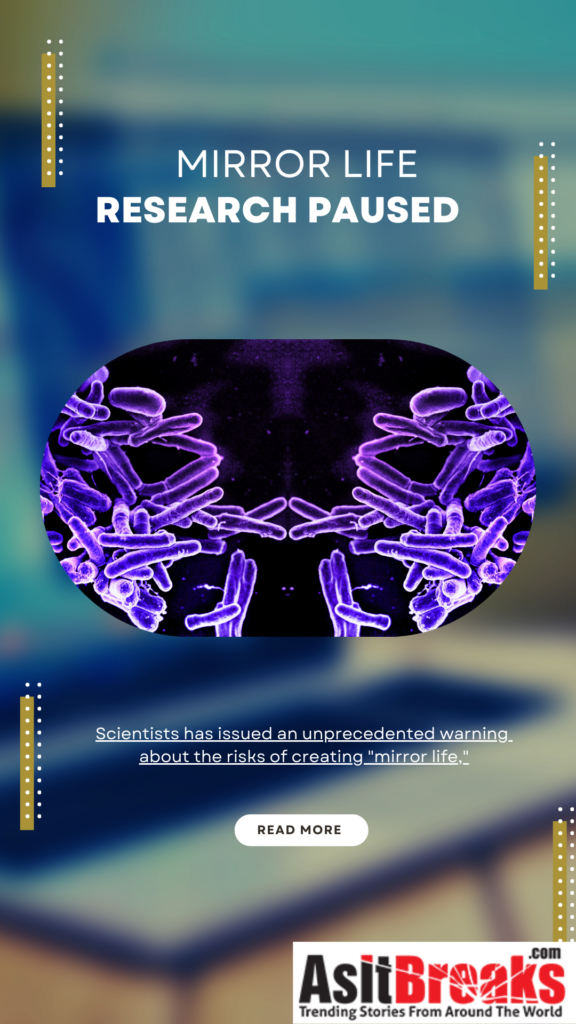A group of 38 scientists has issued an unprecedented warning about the risks of creating “mirror life,” with one leading researcher describing it as a potential “perfect bioweapon.” The warning, published in Science on December 12, represents a dramatic shift in perspective from researchers who were once at the forefront of this field.
Kate Adamala, a University of Minnesota chemist, has taken the extraordinary step of halting her lab’s mirror cell research and urging colleagues to do the same. The concept involves creating organisms with reversed molecular chirality – essentially flipping the handedness of life’s building blocks, such as sugars and amino acids that naturally occur in either right- or left-handed forms.
The theoretical applications seemed promising at first: mirror cells could revolutionize green chemical manufacturing by creating contamination-proof bioreactors. However, this same feature – their inability to interact with natural life – revealed a terrifying potential danger. Immunologists explained that human, animal, and plant immune systems, which rely on recognizing specific molecular orientations, would be completely blind to mirror organisms.
This immunity bypass could create a catastrophic scenario where a mirror pathogen could:
- Infect any living host indiscriminately
- Resist all existing antibiotics
- Multiply without natural predators or immune resistance
- Potentially overwhelm entire ecosystems
While creation of mirror life remains technically unfeasible – with estimates suggesting it’s about a decade away – Adamala argues this timing makes it crucial to stop research now, before all the necessary tools are developed. Some researchers, like Ting Zhu of Westlake University, maintain skepticism about the near-term feasibility of synthesizing complete mirror-image bacteria.
The scientists have called for increased scrutiny of their identified risks, with Adamala expressing hope that their concerns might be proven unfounded. Meanwhile, they advocate for halting progress toward full mirror cell creation before the technology becomes accessible enough for potential misuse.


